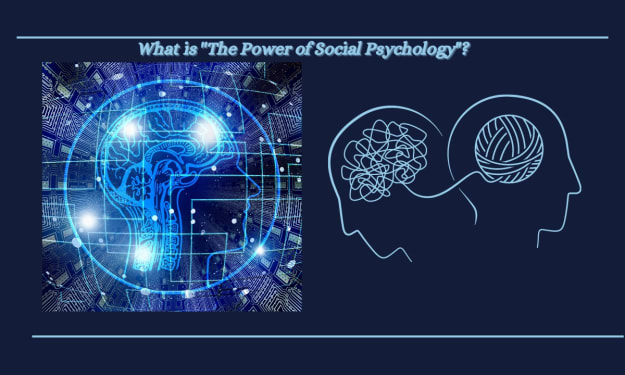
If you have ever been in an abusive relationship and felt a bond with your abuser, you likely experienced what is known as trauma bonding.
Trauma bonding happens when you feel reinforced with or thoughtful towards a harmful accomplice, parent, or companion. A victimizer frequently switches back and forth between mistreating you and giving you sure consideration. This pattern of misuse and discontinuous support can make a strong mental bond that can be hard to break.
The exchanging types of treatment can prompt areas of strength for a bond. During the snapshots of consideration and fondness, you might feel a liberating sensation, love, and connection to the victimizer. These positive encounters can turn out to be more strong as they appear differently from the negative treatment you get during the oppressive episodes.
Trauma bonding can adversely affect your psychological well-being and prosperity. It can prompt sensations of disarray, responsibility, and disgrace. You might think of yourself as scrutinizing your own value and accepting that the maltreatment is your shortcoming. After some time, this can bring about low confidence, nervousness, sadness, and a contorted impression of what is a solid relationship.
Perceiving the indications of trauma bonding is pivotal to breaking liberated from the pattern of misuse and looking for help. Here are a few normal signs to pay special attention to:
1-Legitimizing or guarding the individual's way of behaving: Overcomers of abusive behavior at home or mishandling frequently portray their victimizer as showing "great" or "awesome" conduct more often than not, with just infrequent occasions of misuse. This generally "great" conduct permits the attach to frame in any case. You might end up rationalizing their harmful way of behaving, limiting its effect, or faulting yourself for their activities.
2-Diligent contemplations about the individual who hurt you: On the off chance that you wind up continually pondering the oppressive individual, even after they are as of now not present in your life, it could be an indication of trauma bonding. You might experience issues relinquishing the past, fantasize about being with them once more, or feel areas of strength for a for their presence regardless of the maltreatment you persevered.
3-Constantly needing to help them: Regardless of the historical backdrop of misuse, you might feel a sense of urgency to assist the individual who with harming you. This could appear as offering help with their everyday undertakings, monetary help, or attempting to fix their concerns. This longing to assist comes from the conviction that your affection and care with canning change them or procure their adoration and endorsement.
3-Feeling a sense of reliance: trauma bonding frequently makes areas of strength for an of reliance on the harmful individual. This reliance can come from different variables, like monetary dependence, profound control, or apprehension about the counter. The victimizer may purposefully separate you from loved ones, making it significantly more testing to break liberated from the security. You might feel caught and unfit to envision an existence without the oppressive individual, notwithstanding the mischief they cause upon you. After some time, this reliance builds up the pattern of misuse and makes it hard to see an exit plan.
Breaking liberated from trauma bonding needs help and expert assistance. Consider contacting a specialist, guide, or care group having some expertise in injury and misuse. They can give direction, approval, and systems to assist you with recuperating, reconstructing your confidence, and fostering better relationship designs.
Keep in mind, you should be in a safe and sustaining climate. Breaking liberated from trauma bonding is a valiant step towards recovering your power and modifying your life.
In conclusion, trauma bonding is a complex psychological phenomenon that occurs in abusive relationships. By recognizing the signs of trauma bonding, you can begin to understand the dynamics of your situation and take steps towards breaking free from the cycle of abuse. Seek support, prioritize your well-being, and remember that there is hope for a brighter future outside of an abusive relationship.
.






Comments
There are no comments for this story
Be the first to respond and start the conversation.